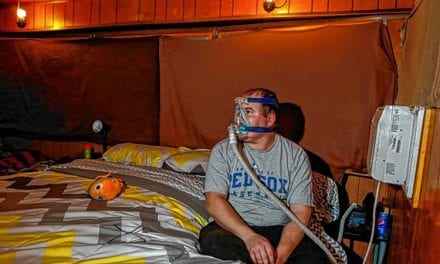Studies show that daylight saving time has some adverse effects on both health and safety.
“The sudden change in clock time disrupts sleep and wake patterns, decreasing total sleep time and sleep quality, and leading to decrements in daytime cognition,” Shalini Paruthi, MD, says. “Reports have indicated that daylight saving time could have an impact on issues ranging from increased heart attack rates to car accident rates and hospital admissions.”
Paruthi says that some people are more sensitive to the effects of daylight saving than others, and it hits people harder if they go into the weekend sleep deprived. The good news is that the time change is just an hour — it’s less disruptive than even the jetlag you’d get traveling from California to New York, where there’s a three-hour time difference. Paruthi says it takes most people about a day to readjust to the spring DST shift.
“Sleep helps our brain function properly,” Paruthi says. “Irregular bedtimes and wake times disrupt the timing of our circadian rhythms, or ‘internal clocks,’ which can lead to symptoms of insomnia or long-term, excessive daytime drowsiness.” Ultimately, the lack of rest can lead to problems like decreased cognitive function, trouble concentrating, and general moodiness, she says.


